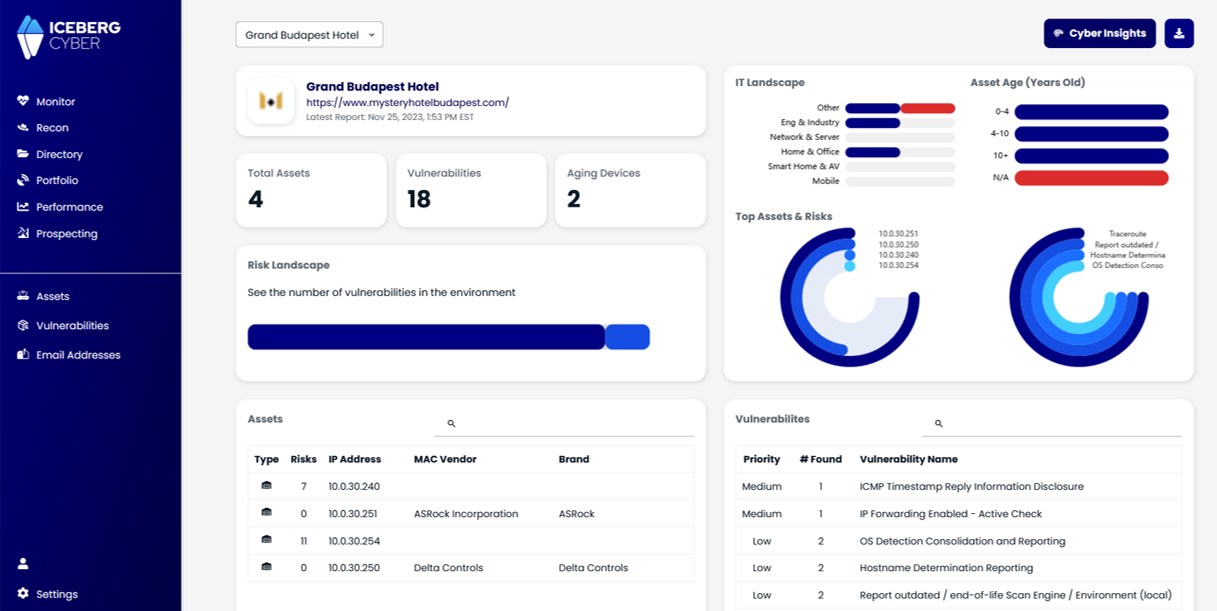Start using Cyber to power your prospecting.



As a Managed Service Provider (MSP), convincing prospects of cybersecurity's importance is paramount. Many prospects believe "it won't happen to us," and resorting to Fear, Uncertainty, and Doubt (FUD) often poisons the well for the long-term, trust-based relationships you need to build. So, how do you effectively communicate risk and overcome objections? This post details a constructive approach: leveraging real-world ransomware examples, like those found on ransomware.live, to demonstrate relevance, build credibility, and educate prospects effectively.
Some sales coaches will tell you to "put the fear of God into them." Leading with fear doesn't work for everyone 🤮 While highlighting risks is necessary, scare tactics often make prospects defensive and damage the trust essential for a successful MSP-client partnership. Modern buyers respond better to value-driven messaging and education. Your goal is to become a strategic, trusted advisor, not just an IT vendor pushing services out of fear. Focusing on transparency and education aligns with ethical MSP sales practices and fosters genuine client loyalty.
Instead of generic fear, pivot to specific relevance. Public resources like ransomware.live list recent ransomware victims, often including industry and location details. The strategy isn't just to point at the list, but to find comparable examples. Seeing a business in their own industry or region fall victim, makes the threat immediate and tangible.

Using ransomware.live constructively involves a targeted approach:
https://ransomware.live/.When you can say, "Here's a manufacturing company, similar in size to yours, just two towns over, that was hit last month," it fundamentally shifts the conversation. It bypasses the "too small to be a target" defense mechanism. This approach leverages the power of proximity and similarity, making the risk undeniable and directly relevant to the prospect's reality. It shows you understand their context, further building your credibility.
Presenting the example is just the first step. The crucial follow-up determines whether you build trust or just cause concern. Immediately pivot the conversation towards positive, proactive solutions:
Moving from fear, uncertainty, and doubt towards constructive, relevant education is key to successful MSP sales in today's skeptical market. By thoughtfully using resources like ransomware.live to provide comparable examples, you can effectively overcome the "it won't happen to us" objection, demonstrate your understanding of the real-world threat landscape, and build the trust needed for long-term partnerships. Pair this awareness with actionable advice, and you'll foster more productive conversations and position your MSP as the trusted advisor prospects need.





